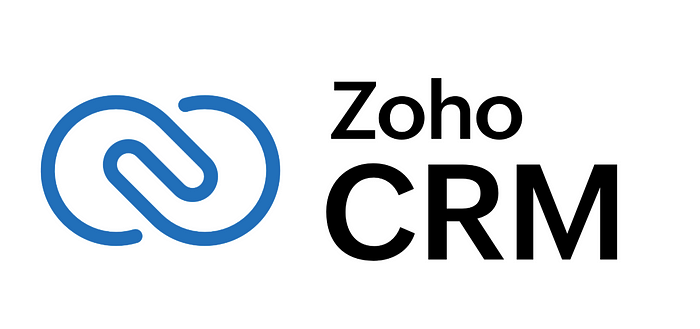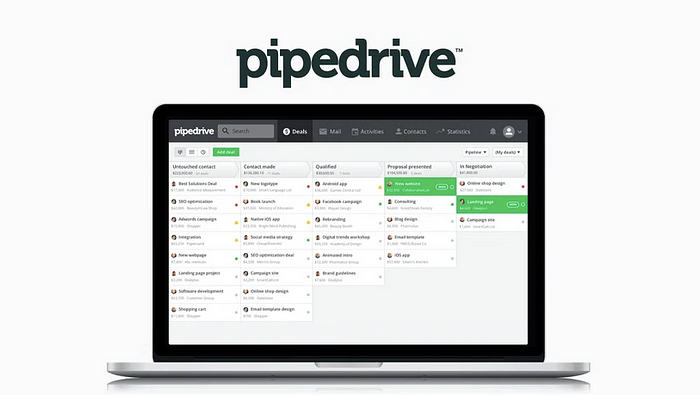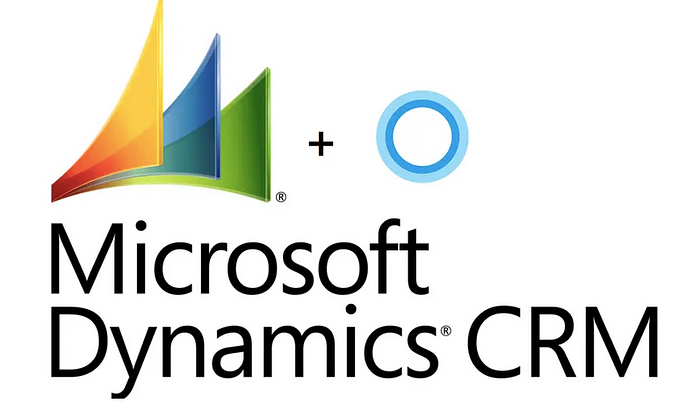In today’s fast-paced business environment, staying ahead of customer expectations is key to success. Traditional customer relationship management (CRM) systems often rely on manual processes and basic data analytics, which can be slow and inefficient. AI-powered CRM software, however, revolutionizes the way businesses engage with customers. By incorporating advanced artificial intelligence (AI) capabilities, these CRM solutions help companies automate tasks, gain deeper insights into customer behavior, and personalize interactions at scale.
AI-powered CRM systems can analyze massive amounts of data — collected from customer interactions, purchase history, behavior patterns, and even social media activities. This analysis provides businesses with actionable insights into customer needs, preferences, and pain points. By predicting customer behavior, AI can help businesses personalize interactions, recommend products, and offer tailored solutions, all of which enhance customer satisfaction and loyalty.
Sales forecasting is critical for business planning. AI CRM software uses predictive analytics to assess past customer data and behavior to forecast future sales more accurately. This allows businesses to focus on high-value leads and opportunities that are more likely to convert. AI-driven insights into sales trends, buying patterns, and seasonal changes enable companies to optimize their sales strategy and allocate resources effectively.
AI CRM software significantly reduces manual effort by automating repetitive tasks such as data entry, lead scoring, follow-up reminders, and email marketing campaigns. With these tasks handled by AI, sales and marketing teams can focus on higher-level strategic activities, boosting overall productivity. Automation also reduces human error and ensures timely and consistent follow-ups, preventing valuable opportunities from slipping through the cracks.
AI CRM systems use data to personalize every customer touchpoint. By analyzing customer preferences, purchase history, and behavior, AI can suggest relevant products or services, recommend specific content, and craft personalized messages for customers. This level of personalization makes customer interactions feel more tailored and relevant, increasing conversion rates and fostering long-term customer loyalty.
AI-powered CRMs enable better lead management by scoring leads based on their likelihood to convert. By analyzing customer data and touchpoints, AI assigns scores to leads, prioritizing them for follow-up. AI can also suggest the best times and methods for contacting leads, increasing the chances of successful conversions. This helps sales teams focus on the most promising leads and avoid wasting time on leads that are less likely to result in sales.
With AI-powered CRM systems, businesses can deliver proactive customer service. AI chatbots and virtual assistants can engage customers instantly, answering common queries, resolving issues, and even troubleshooting problems without human intervention. These systems can provide real-time assistance, flag urgent issues, and ensure that no customer inquiry is left unattended, leading to improved customer satisfaction and quicker resolution times.
AI CRM software provides valuable insights that drive informed decision-making. By analyzing sales data, customer behavior, and marketing campaign performance, AI systems generate reports and dashboards with real-time analytics. This helps managers and executives make data-driven decisions, fine-tune marketing strategies, and optimize sales processes for better overall performance.
AI CRM software enhances operational efficiency by automating key tasks and providing actionable insights. By reducing the need for manual intervention, businesses can cut down on operational costs and improve productivity. Additionally, AI can streamline workflows, eliminating bottlenecks and helping businesses scale more effectively. With AI handling repetitive tasks, human resources can focus on more strategic endeavors, leading to a significant boost in overall efficiency.
As businesses grow, managing customer relationships becomes increasingly complex. AI CRM software scales with your business, effortlessly handling a larger volume of customer interactions, sales activities, and data. Whether your business is expanding its product offerings, acquiring new customers, or entering new markets, AI-powered CRM systems ensure that your CRM solution adapts to growth without compromising performance.
One of the most powerful features of AI CRM software is its ability to learn and improve over time. As AI systems gather more data and interact with customers, they continuously refine their algorithms, leading to more accurate predictions, better customer insights, and smarter automation. This ongoing learning process allows businesses to stay ahead of industry trends and continuously optimize their customer relationship management strategies.

Salesforce is an advanced AI-powered CRM that integrates seamlessly with Salesforce’s core CRM platform. It provides intelligent recommendations, automation, and predictive analytics, allowing businesses to deliver personalized customer experiences across sales, service, and marketing channels.

HubSpot CRM offers an easy-to-use, AI-powered CRM system suitable for businesses of all sizes. It helps businesses automate marketing, track sales, and nurture customer relationships with real-time insights and reporting.

Zoho CRM is a comprehensive AI-powered CRM solution designed for businesses of all sizes. It includes powerful features for sales automation, AI-driven insights, and personalized customer experiences.

Pipedrive is a sales-centric CRM that leverages AI to enhance the sales pipeline process. With its easy-to-use interface and AI features, it’s perfect for sales teams looking to optimize their workflow.
Disadvantages

Microsoft Dynamics 365 is a comprehensive suite of business applications designed to unify CRM and enterprise resource planning (ERP) functions. By leveraging AI and machine learning, Dynamics 365 helps businesses drive better customer relationships, streamline operations, and enhance decision-making.
AI CRM software is transforming how businesses manage customer relationships by enhancing personalization, automating processes, and providing valuable insights. The top AI CRM solutions, such as Salesforce Einstein, HubSpot CRM, Zoho CRM, Pipedrive, and Freshsales, offer a wide range of features that help businesses streamline operations, improve sales forecasting, and deliver personalized experiences at scale.
While these systems offer numerous benefits, including improved efficiency, better lead management, and proactive customer service, they are not without their challenges. The initial setup cost, integration complexities, over-reliance on automation, and concerns over data privacy are important considerations when selecting an AI CRM platform.
Ultimately, the key to success lies in understanding the specific needs of your business and choosing the AI CRM solution that aligns with your goals. By carefully weighing the benefits and disadvantages, businesses can leverage AI CRM software to foster stronger customer relationships, increase sales, and drive growth in the competitive digital landscape.
With the right AI CRM system, businesses can unlock a wealth of opportunities to improve customer satisfaction, drive revenue, and scale efficiently in the ever-evolving market.